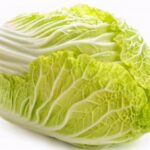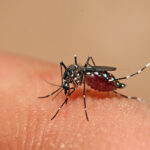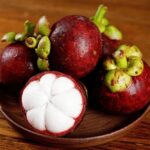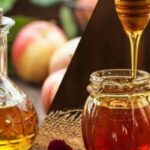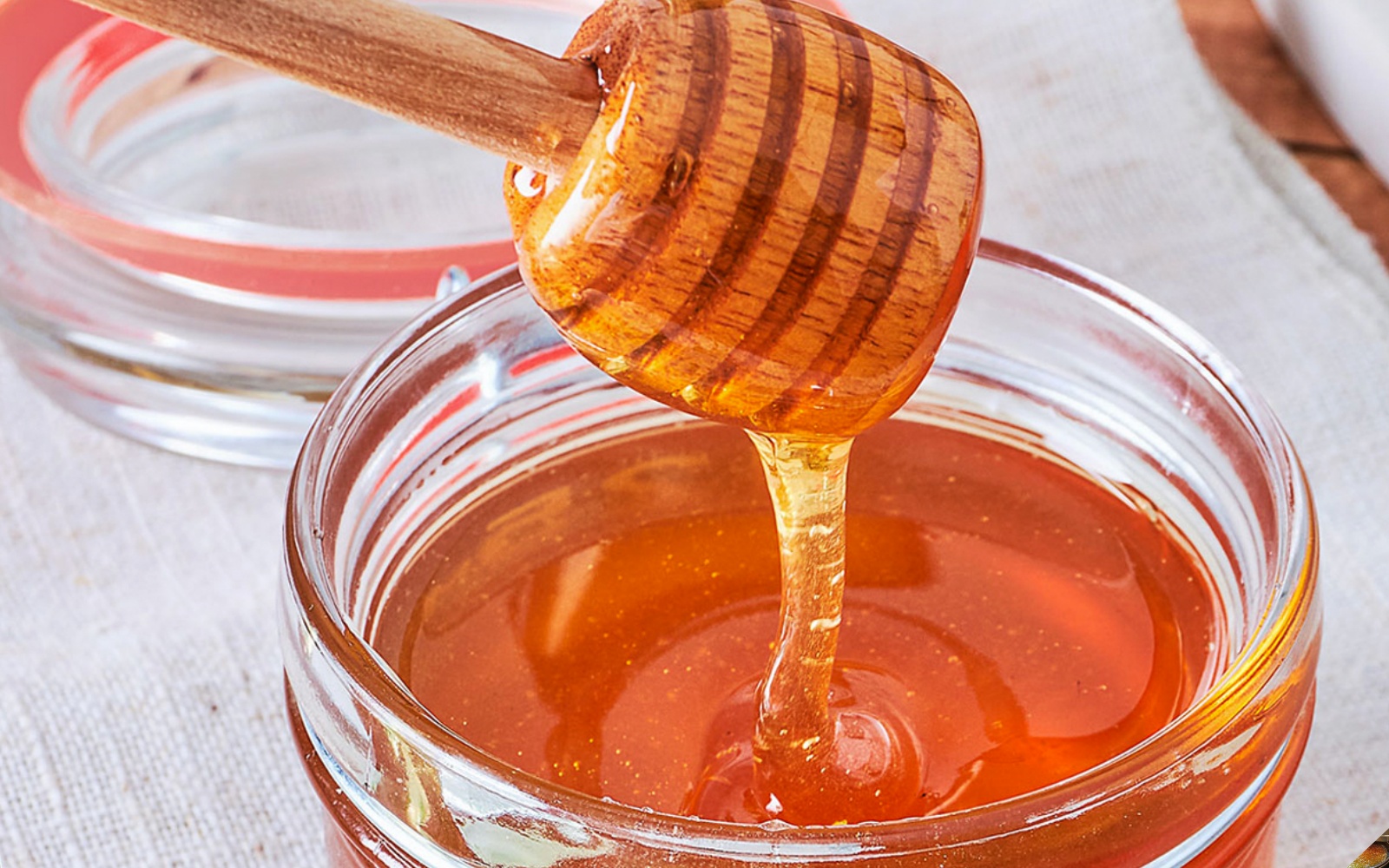
Honey has long been recognized as a nutritious food with numerous health benefits. However, with the prevalence of counterfeit and expired products, it can be challenging to select genuine honey. So, how long does honey last, and how can you determine if it’s still safe to consume?
What is the Shelf Life of Honey?
Typically, honey doesn’t have a specific expiration date due to its high sugar content, which creates an environment inhospitable to most bacteria and viruses.
However, for bottled honey, manufacturers often indicate a best-before date ranging from 18 to 24 months. This is because such honey usually contains additives and preservatives, making it less pure than raw honey.
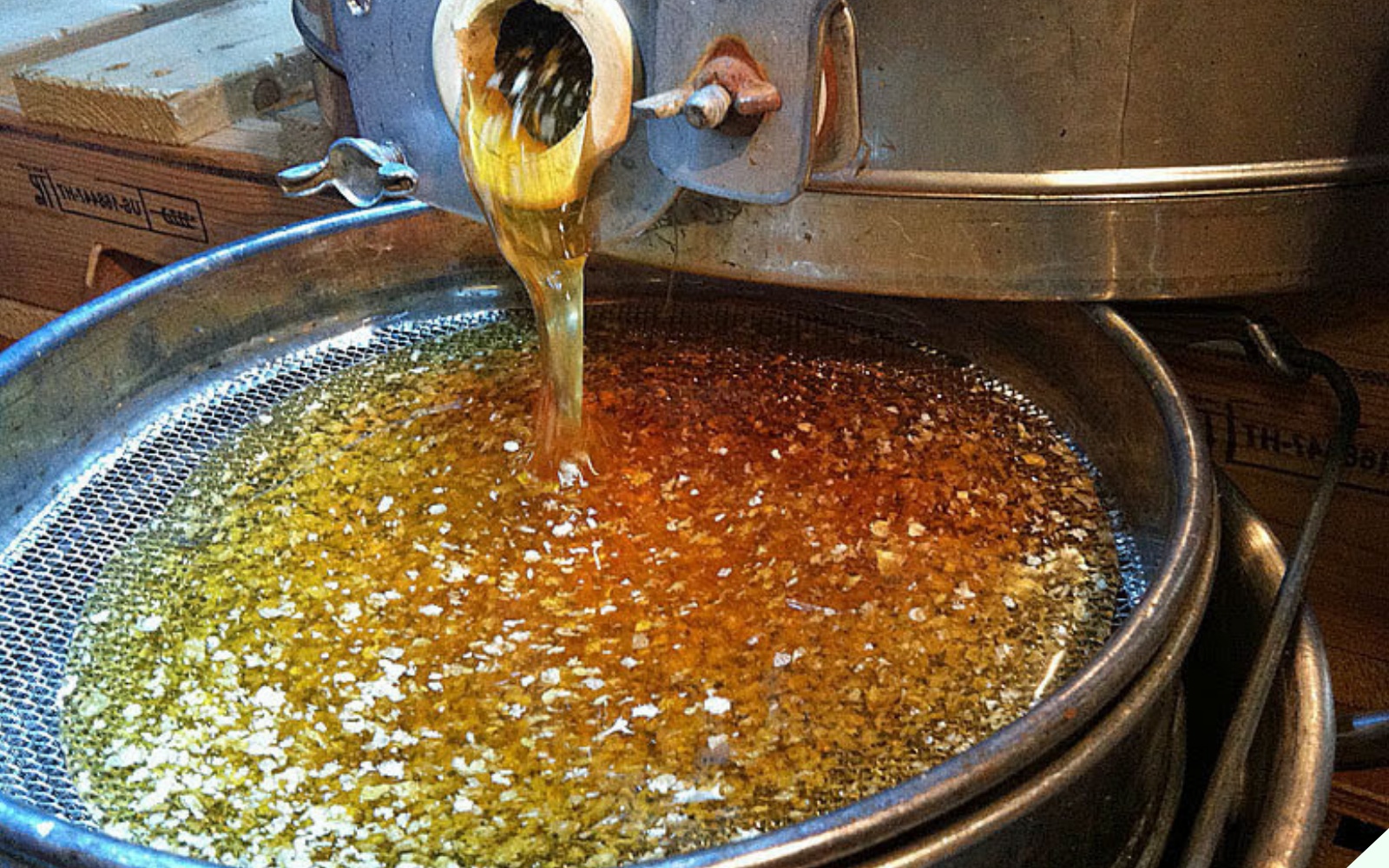
Raw honey, on the other hand, is more susceptible to environmental contaminants and pathogens due to a lack of stringent processing and filtration. As a result, it can spoil faster if not stored properly.
According to experts, wild honey has a shelf life of approximately two years due to its propensity to ferment upon contact with pollen. Domesticated honey, on the other hand, can last up to three years. If you’re unsure about the harvest date, it’s best to buy in smaller quantities and consume it as soon as possible, avoiding long-term storage.
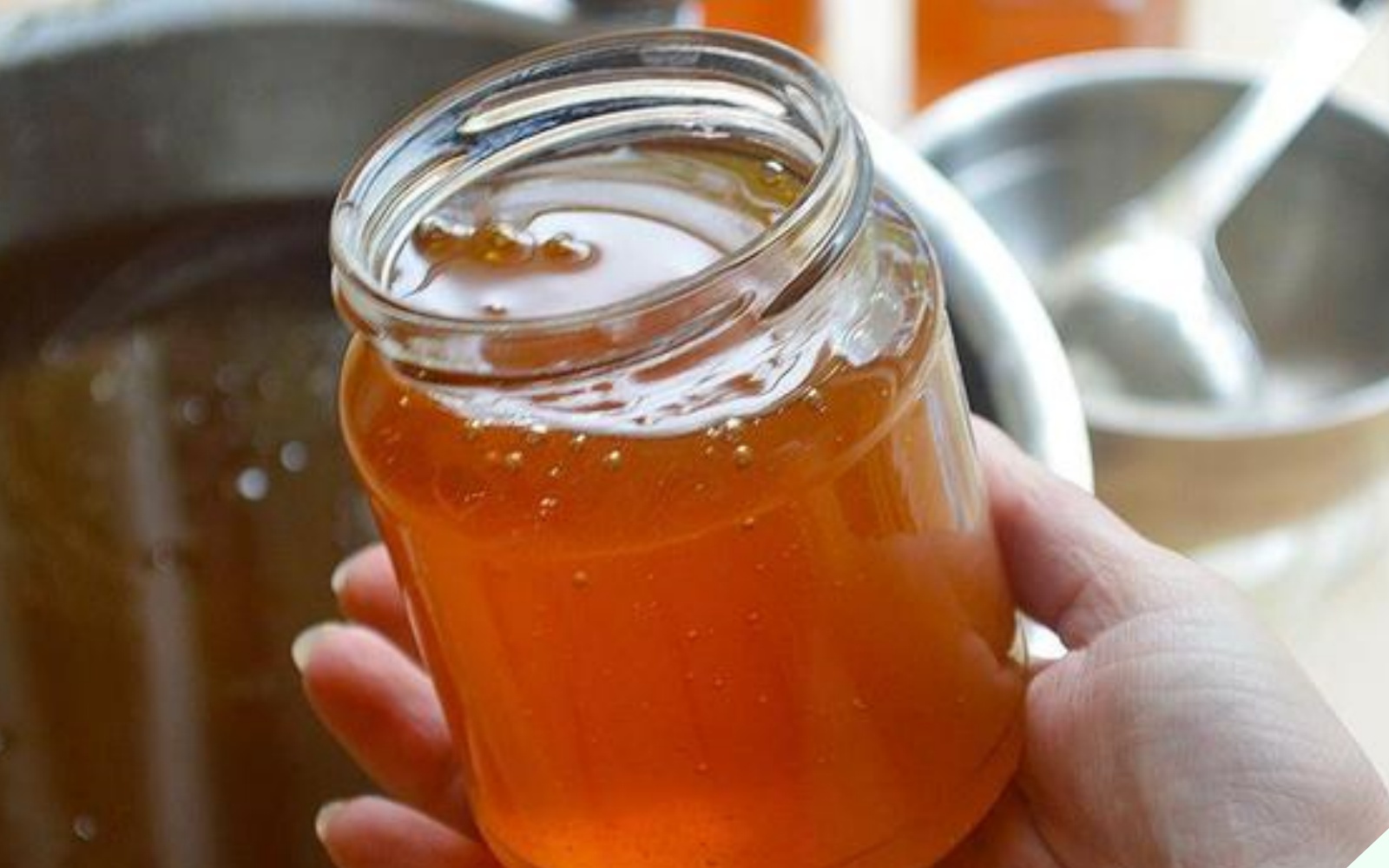
So, how can you determine if your honey has been stored for an extended period or if it’s still edible?
Methods to Identify Spoiled Honey
Presence of Foam
It’s normal to see a thin layer of foam on the surface of honey when poured into a jar. This is a natural occurrence, so there’s no need for concern.
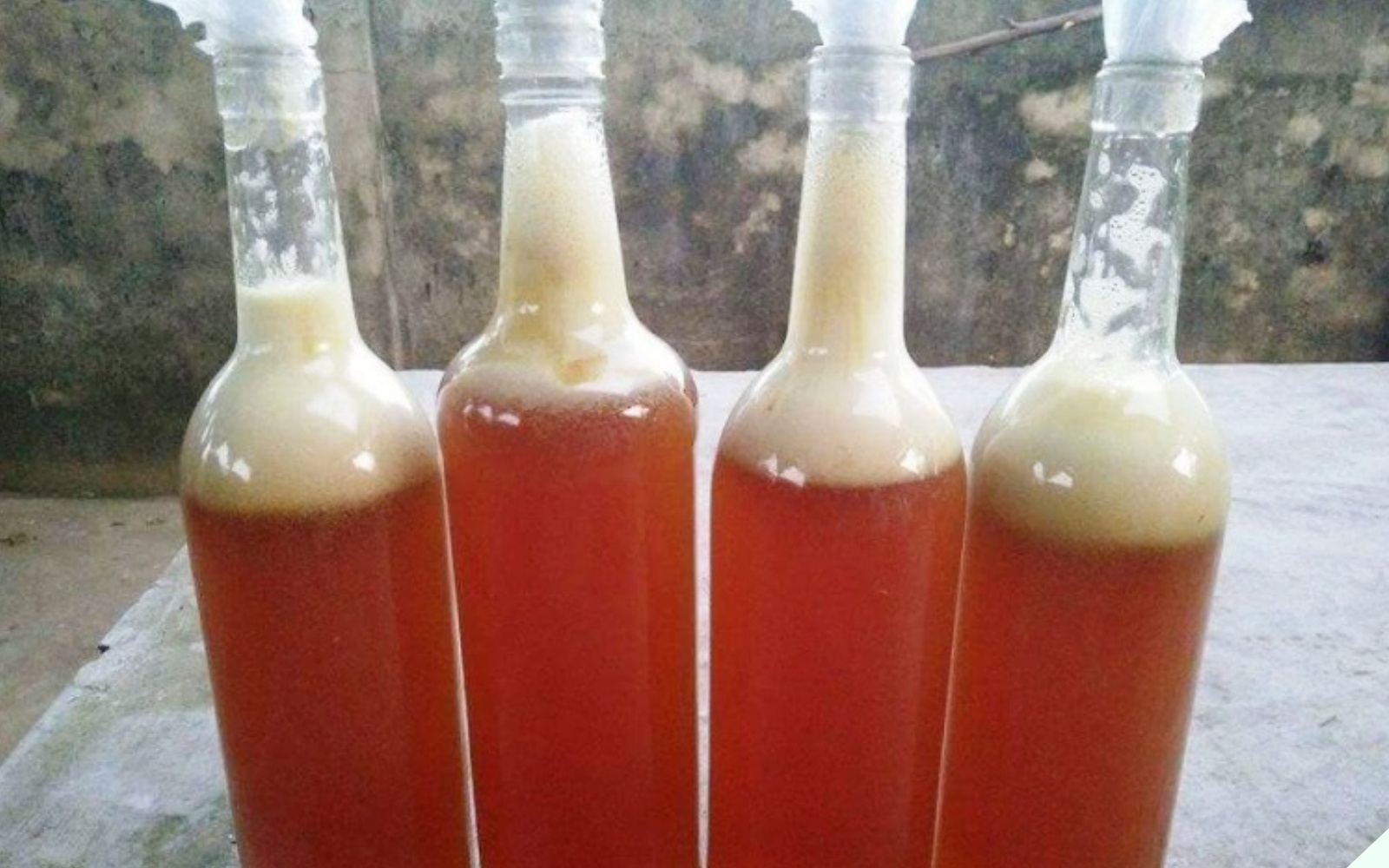
However, if the foam occupies about one-third of the jar, it’s likely that the honey has spoiled due to an excessive amount of carbon dioxide produced by certain yeasts.
Honey’s Consistency
Freshly harvested honey is usually thick and viscous. If you notice that your honey has become watery and thin, it’s a clear indication of spoilage.
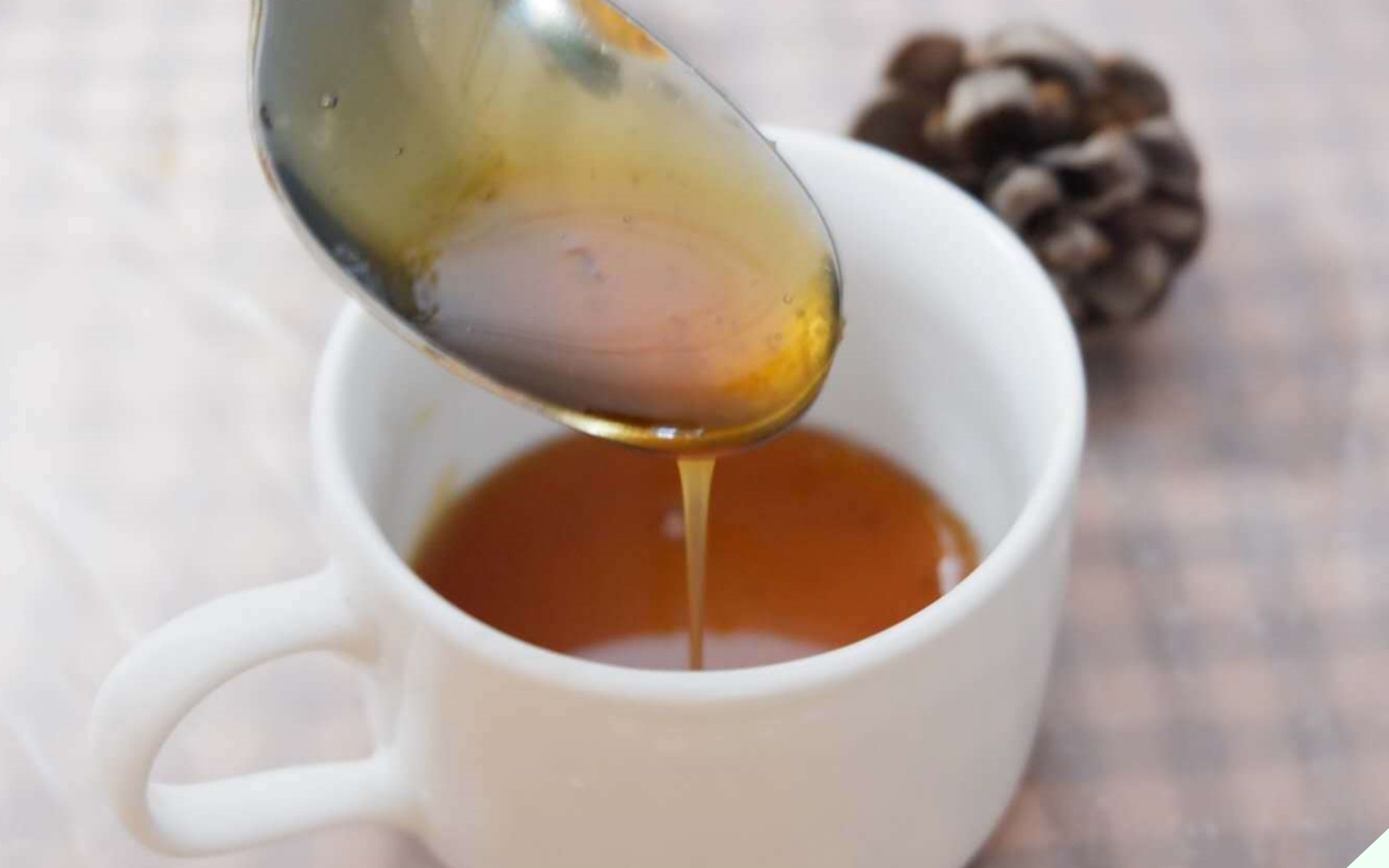
This change in consistency is primarily caused by bacterial contamination, which breaks down the sugar structure, resulting in a more liquid texture.
Unusual Odor and Taste
If your honey emits a faint alcoholic odor and has a sour taste, it has likely gone bad. This occurs when the microorganisms in the honey convert its sugars into ethanol and other harmful substances.
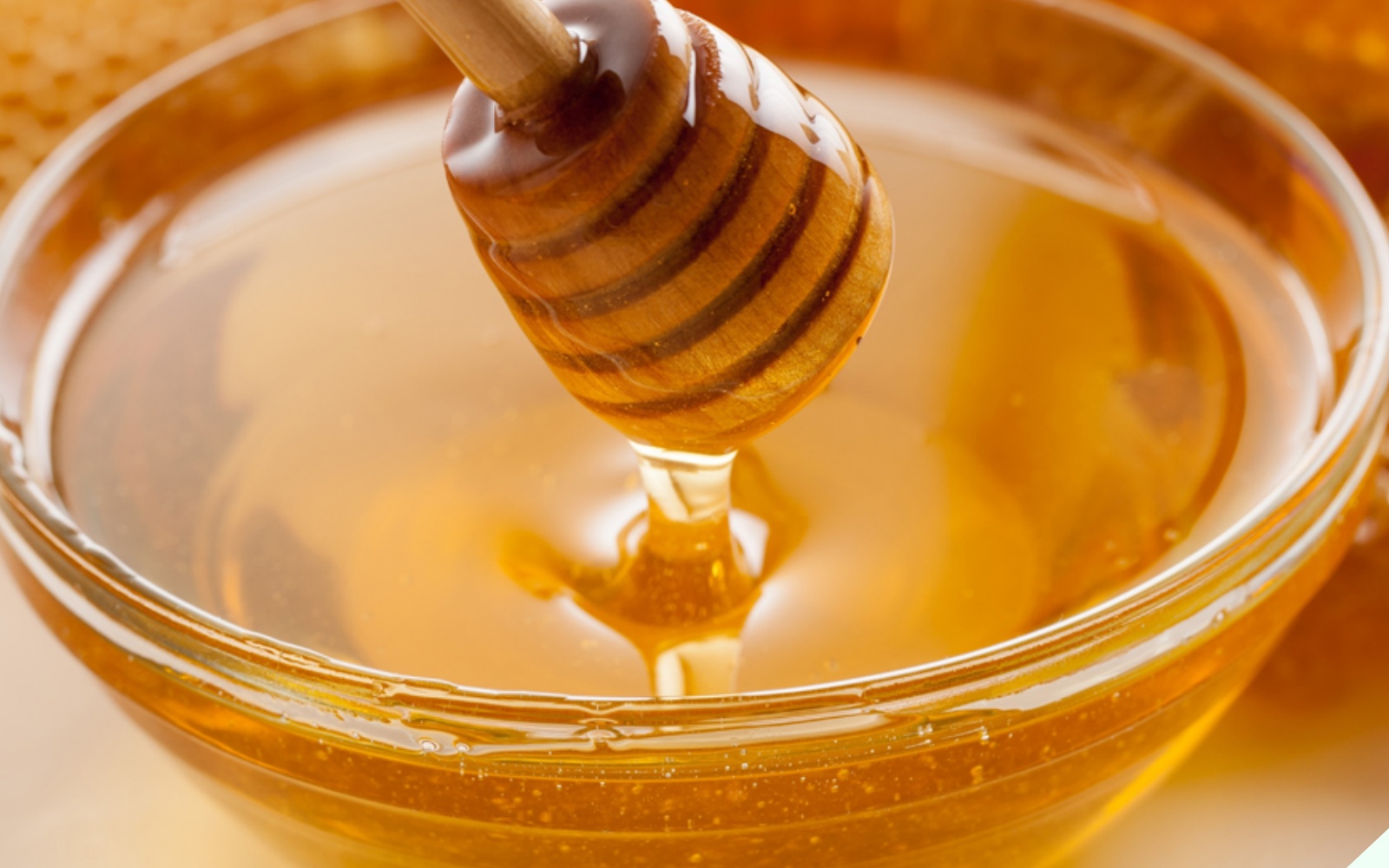
Fresh honey should have a pleasant sweetness with a subtle hint of acidity. The longer it is stored, the more pronounced the sour taste becomes.
Color Changes
Honey typically has a golden hue, which deepens over time. If you notice any significant color changes, it’s best to discard it.
Tips for Proper Honey Storage
To maintain the quality of your honey, follow these simple guidelines:
– Store honey in containers made of ceramic, porcelain, or glass to prevent the absorption of toxic substances. Avoid using plastic or metal containers.
– Keep the honey in a cool, dry, and clean place, away from direct sunlight, as high temperatures can cause the loss of essential enzymes and nutrients.
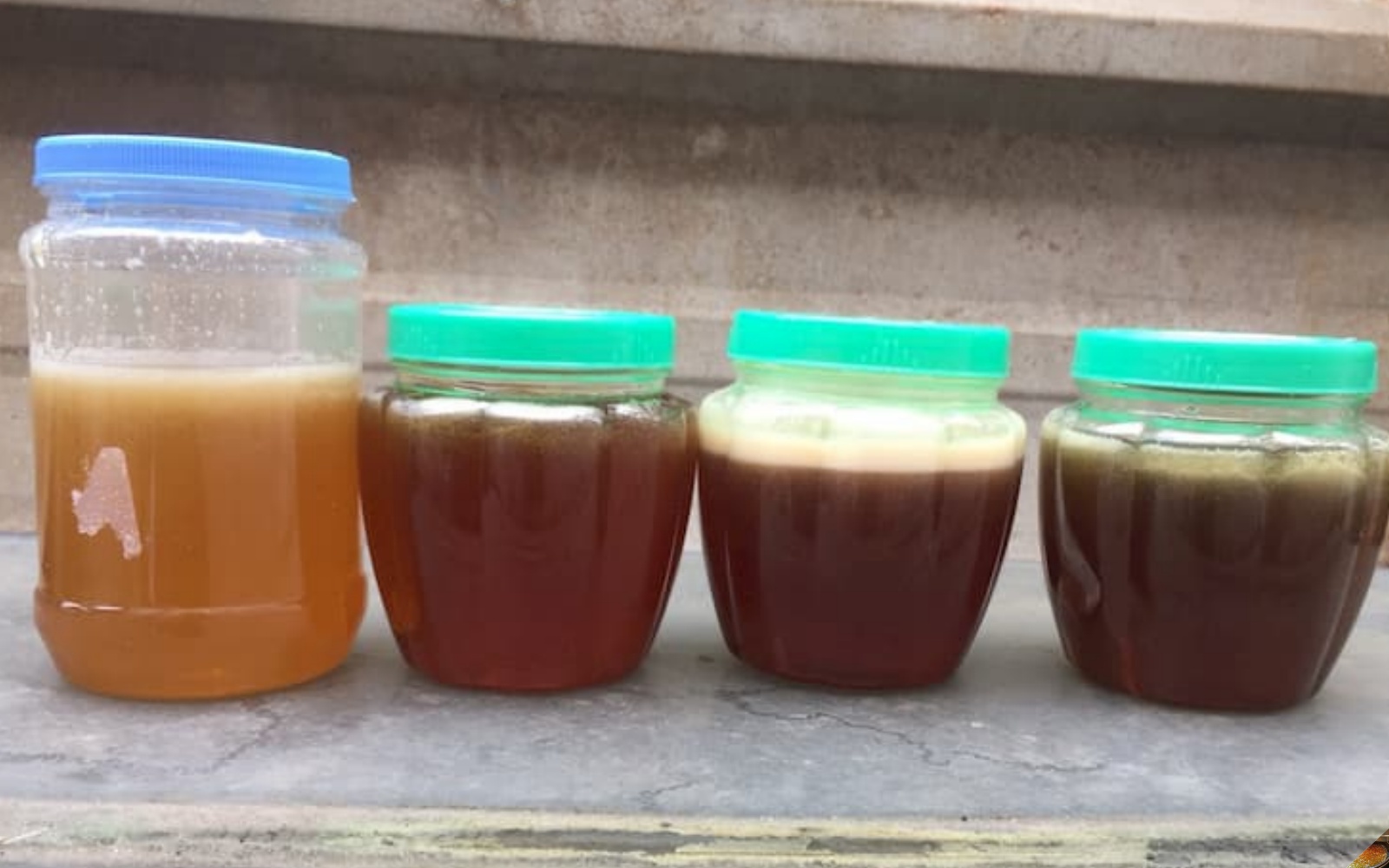
– Ensure the lid is tightly secured to prevent air from entering and accelerating spoilage.
– Always use dry and clean utensils to handle the honey, as moisture can cause fermentation and spoilage.
– The ideal storage temperature for honey is between 18-25°C (64-77°F). Temperatures above 30°C (86°F) can accelerate the spoilage process.
“The Surprising Benefits of Mixing White Vinegar and Honey: A Little-Known Remedy”
Let’s uncover the amazing benefits of apple cider vinegar and honey. This dynamic duo has been praised for their potent properties and potential health-boosting effects. From ancient remedies to modern-day elixirs, the combination of these two ingredients has sparked curiosity and intrigue. Prepare to delve into a world of natural wonders as we explore the secrets behind this powerful pairing.
























